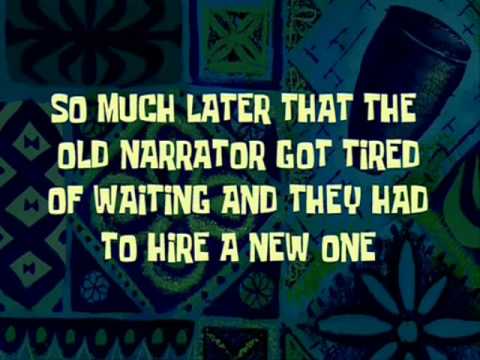- Joined
- Apr 2, 2009
- Messages
- 1,174
- Reaction score
- 374
I'm a chronic fence sitter, and find myself agreeing with many things on both sides of the argument here.
My feelings on it:
-Knowing the attrition rate is probably worthless. How is this information going to affect you as a student? Unless you are the kind of person that is ultra motivated by not being a statistic, there's really no way of telling who is going to be the one to fail out.
-Teaching is a lot harder than people think. And most professors are not given any guidance or training on how to teach before they are thrown into it. It comes as no surprise to me that some are naturally gifted and get labeled as awesome teachers, and others struggle with it and get labeled as awful.
-And yeah, test questions are murder to write. One of our phys professors has each student come up with 2-3 questions based on material from the chapters. It was super hard to balance making the question understandable, only having one correct answer, and also not making the correct answer completely obvious (because yes, this is a test, you should have to think about it).
-While I feel very sorry for the people who either take on extra debt repeating, or have useless debt from failing out all together, I agree that signing up and paying tuition should not guarantee graduation. That kind of attitude is why there's a whole generation labeled "the entitlement generation". This isn't a participation badge, it's a professional degree.
-It doesn't surprise me at all that the attrition rate is just as high (or higher) in later years. Each year focuses on different skills. First year seems to be mostly about how much information you can memorize and put in long term storage. Second and third years are less rote memorization and more putting it all together and starting to think clinically. Additionally, if you managed to barely skate by in 1st year, you are more likely to fail out in the later years. And clinical year is primarily about clinical reasoning, so if that's your weakness you may have made it through the first 3 years, just to fail out in clinics.
Sent from my iPhone using SDN mobile
My feelings on it:
-Knowing the attrition rate is probably worthless. How is this information going to affect you as a student? Unless you are the kind of person that is ultra motivated by not being a statistic, there's really no way of telling who is going to be the one to fail out.
-Teaching is a lot harder than people think. And most professors are not given any guidance or training on how to teach before they are thrown into it. It comes as no surprise to me that some are naturally gifted and get labeled as awesome teachers, and others struggle with it and get labeled as awful.
-And yeah, test questions are murder to write. One of our phys professors has each student come up with 2-3 questions based on material from the chapters. It was super hard to balance making the question understandable, only having one correct answer, and also not making the correct answer completely obvious (because yes, this is a test, you should have to think about it).
-While I feel very sorry for the people who either take on extra debt repeating, or have useless debt from failing out all together, I agree that signing up and paying tuition should not guarantee graduation. That kind of attitude is why there's a whole generation labeled "the entitlement generation". This isn't a participation badge, it's a professional degree.
-It doesn't surprise me at all that the attrition rate is just as high (or higher) in later years. Each year focuses on different skills. First year seems to be mostly about how much information you can memorize and put in long term storage. Second and third years are less rote memorization and more putting it all together and starting to think clinically. Additionally, if you managed to barely skate by in 1st year, you are more likely to fail out in the later years. And clinical year is primarily about clinical reasoning, so if that's your weakness you may have made it through the first 3 years, just to fail out in clinics.
Sent from my iPhone using SDN mobile



